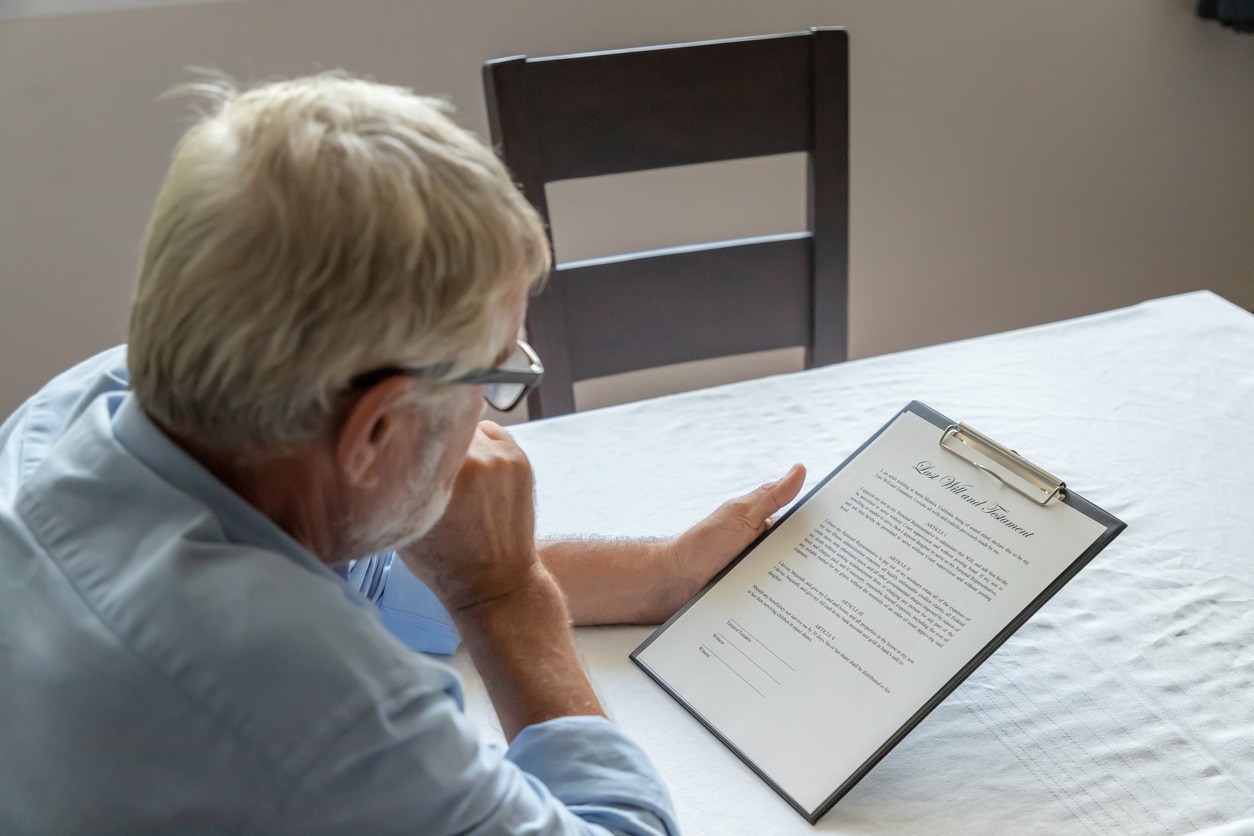Probate Process: A Beginner’s Guide
We look at the probate process and obtaining a Grant of Probate or a Grant of Letters of Administration. This document gives the deceased’s personal representatives legal authority to deal with their affairs and wind up their estate.
In a deceased persons Will, it will name executors. These people are responsible for obtaining a Grant of Probate.
If the deceased did not leave a Will, then someone entitled to benefit from their estate under the Rules of Intestacy can apply for a Grant of Letters of Administration appointing them as estate administrator.
When is probate needed?
A Grant of Probate or Letters of Administration is generally needed unless an estate is small. There is no fixed amount which constitutes a small estate, but assets of up to £5,000 can be distributed without a grant. Banks have their own limits above which they will require sight of a grant. Bank limits for probate vary widely from £5,000 to £50,000. If the deceased owned a property, then a grant will be required in order to sell it.
Applying for probate
Before an application is made, identify the assets in the estate and calculate and pay Inheritance Tax. This is not always straightforward. For example, if the deceased made cash gifts during the last seven years of their life, Inheritance Tax will be payable on the value of these on a sliding scale. This will depend upon how long ago they were made. If you are unsure as to the amount payable, it is advisable to seek legal advice. Personal representatives may be liable to pay any penalty for underpayment of tax themselves.
Once Inheritance Tax has been calculated and paid, an application can be made to the Probate Registry for a Grant of Probate. The original Will is sent with a certified copy of the death certificate and application form PA1P as well as the Probate Registry fee. The current fee is £215 for estates worth over £5,000. The relevant Inland Revenue form in respect of Inheritance Tax should also be included, along with the Inland Revenue’s receipt for payment of the Inheritance Tax.
Where Letters of Administration are being applied for, the process is similar. However, there is no Will to be sent and they use application form PA1A.
Using the Grant of Probate or Letters of Administration
The application for the grant is only a small part of the work that is required after a death. Once the grant is received, the executor or administrator needs to collect in the deceased’s assets. This includes clearing and selling any property they held and encashing investments.
Detailed estate accounts need to be prepared before the estate is distributed to the beneficiaries.
Care needs to be taken during estate administration as executors and administrators can be held personally liable for any mistakes that result in a loss to the estate.
If you would like to speak to one of our experts call us FREE on 0800 781 6658 or email us at enquiries@estplan.co.uk

Our services help numerous clients and their families to proactively safeguard their wealth and optimise inheritance for cherished beneficiaries. Plan for the future now, ensuring later-life protection and certainty for your loved ones.
